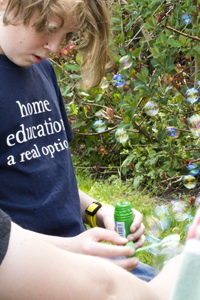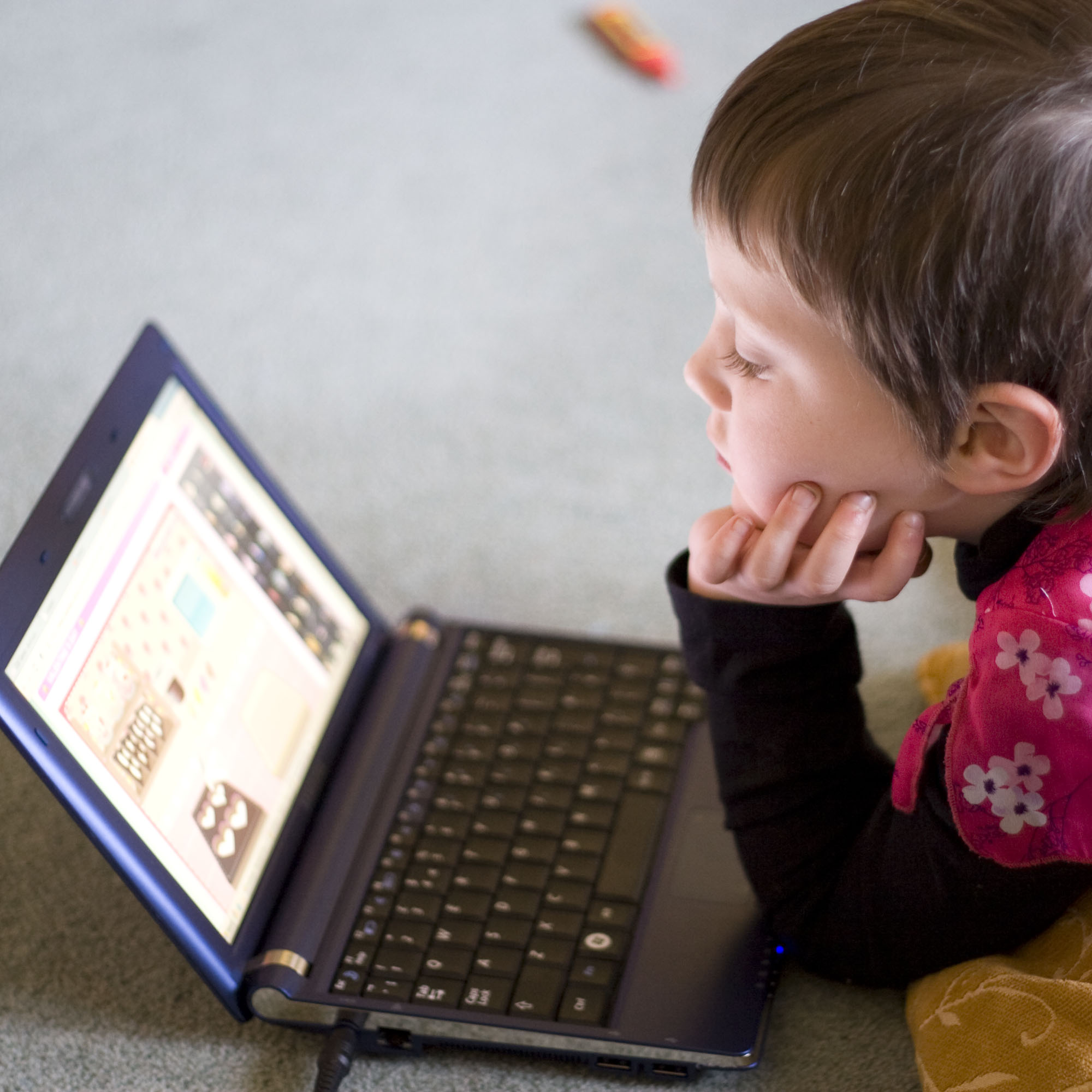We have a system that works for a wide variety of approaches. If you wish to send your children to school you can, either state or independent (if you can pay) school. Or you can educate your child otherwise by home educating.
But recommended changes pose a real threat to this freedom.
For me there are two main points:
A. The recommendations change the balance of power between the individual /family and the state with potential issues for everyone, whether they home educate or not.
1. An unknown state official will be able to see your child without you present
2. They will be able to determine how you educate and what you child studies (they want to change what is ‘suitable’)
3. You have to in effect get permission to home educate – it is not longer your families right and responsibility
4. Because it is home education they will have unprecedented access to you home life
5. They will be able to stop you home educating if they don’t like your approach – or even potentially just don’t like the look of you
Even now, without these recommendation too much is down to pot luck in getting a LA official that supports your home ed style. With these recommendations the risk to families is even higher if that official just doesn’t get what you are doing. Or if you just get an official that doesn’t like you or your lifestyle for whatever reason.
For children in school it is equally important that if they are bullied, or having problems with school then there is an alternative route that can be taken by them and their parents if necessary. The new recommendation would mean that LAs would have increased powers to stop children being removed from school.
B. Loss of freedom to educate your child in a way that suits them
Some approaches are more at risk than others. And our current freedom to take what suits each child and family from a range of approaches is what I value most. I do not want to end up having to do the National Curriculum, because that is all educators understand or have experience of. There is very little in the recommendations to protect autonomous education, or indeed structured education outside of the National Curriculum.
The recommendation want a review of what is a suitable and efficient education – so all bets are off.
What a LA inspector might think is fine now might not be acceptable in the future. If the state is defining the education then you and your child have fewer and fewer choices. For children with a passion there becomes less and less room to excel and immerse themselves in something they love – because that wouldn’t be a broad, balanced education. There is a real risk that eventually only the National Curriculum will be accepted as a suitable education. For children recovering from bad school experiences there may be no space to heal and discover the basic human need to learn.
Personally I can’t provide a forward plan – my child dictates her education and we learn from living. So any examination of her education, is in effect an invasion of our private life – there is no dividing line between the two. And personally I think it is unacceptable for a stranger to have the right to know what my children and I do everyday, where I go, who our friends are, what we cook, what hobbies we have, what sports we like, what TV if any we watch, etc. These are things I only want to share with someone I trust.
As an autonomous home educator I can’t fufil easily fulfil the recommendations. It just isn’t possible to give a meaningful plan and desired outcome – I am very articulate so would be able to fudge the issue and come up with reports etc that would keep LA happy. But not everyone can do that, and I have better things to be doing with my time. My 6 year old doesn’t know what she is going to be interesting in, until she comes across it and it fits with where she is now. Even if you are structured and can provide a plan – who says they will like you and your child’s ideas of what is suitable for them.
The most frustrating thing for me is that it means that people in education know so little about how children learn – they don’t believe that children learn , when it is a basic part of our humanity. Children learn – that is what they do. I don’t want to risk a stranger damaging my child’s ability to learn and socialise, because they don’t understand what learning is outside a classroom. The recommendation themselves show that lack of understanding.



Leave a Reply